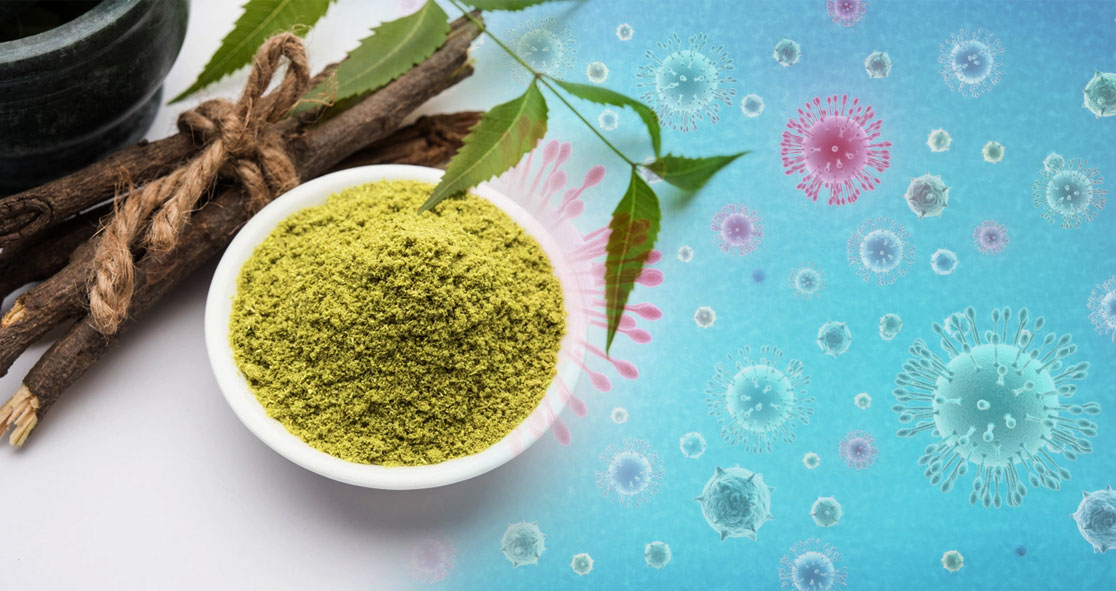New research by scientists at the University of Colorado Anschutz Medical Campus and the Indian Institute of Science Education and Research Kolkata has found that extract from the bark of the Neem tree could treat and reduce the spread of coronavirus, according to Science Daily.
The research, published recently in the journal Virology, has shown that components of Neem bark may target a wide range of viral proteins. This finding suggests that Neem is a potential antiviral agent against emerging COVID variants.
The Neem tree, which is indigenous to India, has been known for its antibacterial, antiparasitic, and antiviral properties. In fact, the bark extract has been found effective at treating malaria, skin disease, stomach and intestinal ulcers, and many other diseases.
The study’s co-author Dr. Maria Nagel said, “The goal of this research is to develop a Neem-based medication that can reduce the risk of serious illness when someone is infected with coronaviruses.”
“We hope that scientists won’t have to continuously develop new therapies every time a new SARS-CoV-2 variant emerges,” she added. “Just like how we take penicillin for strep throat, we envision taking the Neem-based drug for COVID, allowing us to resume our normal lives without fear of hospitalization and death.”
Dr. Nagel is a research professor in the department of neurology and ophthalmology at the University of Colorado School of Medicine on the CU Anschutz Medical Campus.
The researchers investigated the impact of the Neem bark extract against coronaviruses in their laboratories. In India, the researchers tested the extract in animal models and found that it had antiviral properties against coronavirus.
With the help of computer modeling, the team predicted that Neem bark extract would bind to the virus’ spike protein at various locations, preventing it from entering the host cells.
Dr. Nagel and her team tested the Neem bark extract in SARS-CoV-2 (the virus that causes COVID) human lung cells. They found that it is as effective as a preventive drug for infection. They also discovered that the extract decreased virus replication and spread after infection.
Dr. Nagel said, “The next step in our research is to identify the specific components in Neem bark extract that are antiviral. Because these components bind to various regions of SARS-CoV-2, we believe that it will be effective on emerging variants with spike mutations.”
“We will then determine the formulation of dosage for an antiviral drug to treat coronavirus infections,” she added.
The researchers said the study findings could pave the way to new antiviral therapeutic efforts in order to curb the ongoing pandemic. In addition, the study findings hold out the promise in treating new strains of the coronavirus.























